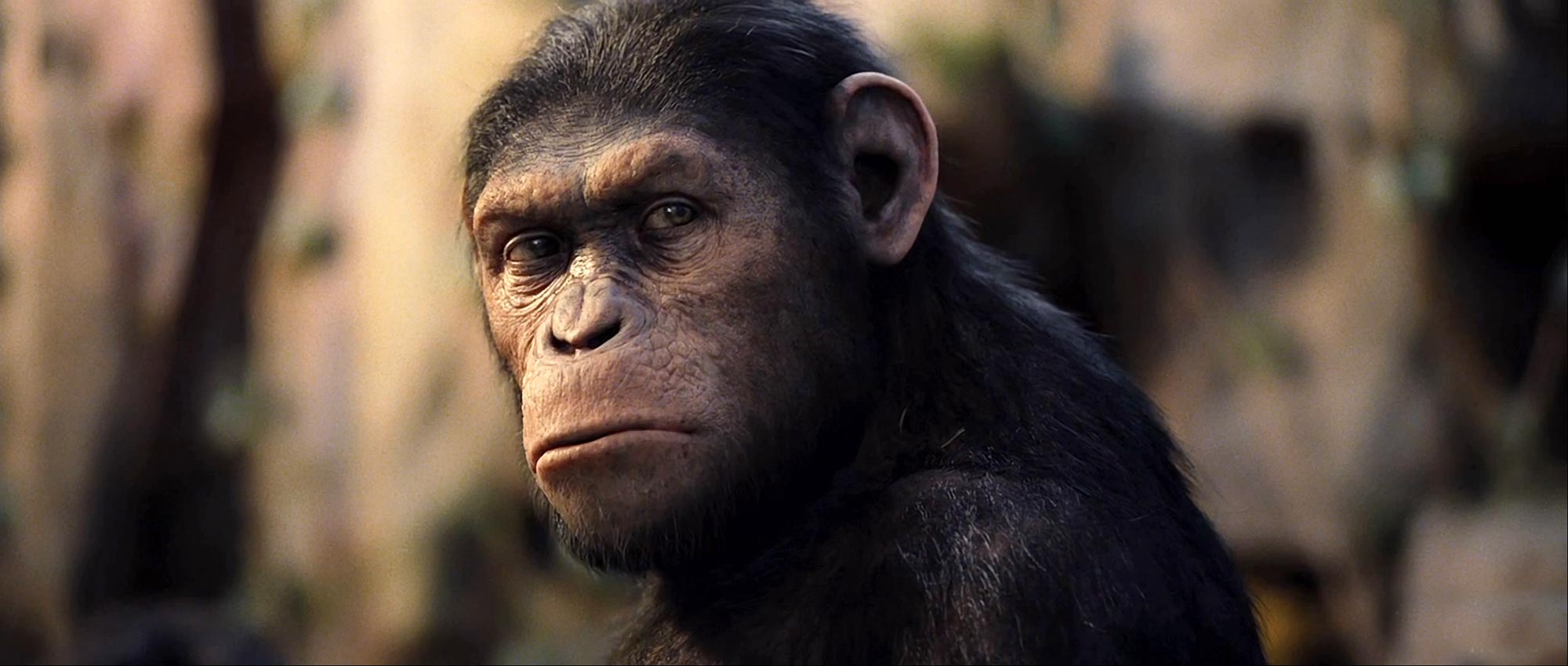We are all doing it, aren’t we? Constantly, obsessively checking news feeds and death rates. There is even a term for this compulsive behaviour: doomscrolling.
Think about it, though. Did the two hours you just spent manically surfing the internet for increasingly worrying coronavirus news actually achieve anything beyond making you feel anxious and unsettled? Is endlessly reading speculation from some professor on Twitter about when we might come out of lockdown or when a vaccine might be ready actually helping you face the day?
Even the World Health Organisation was moved to release a guidance on this issue: “The sudden and near-constant stream of news reports about an outbreak can cause anyone to feel worried. Minimise watching, reading or listening to news about Covid-19 that causes you to feel anxious or distressed … Seek information updates at specific times during the day, once or twice.”
There are increasing concerns that it is not only the specifics and mechanics of social distancing that are affecting our mental health, but also all the information we ghoulishly continue to consume.
Which is, well, really difficult right now. But Swiss author and self-help guru Rolf Dobelli believes he has the solution to our endless appetite for social media. A decade ago, he switched off completely – and documents his journey in his fascinating new book Stop Reading The News.
Don’t switch off, but be more conscious about what you’re consuming
To be clear, he is not suggesting people do that right now – even he has started again – but there are some techniques he relies on, which Dobelli believes can help people navigate the information they consume in a healthy way.
“I would really suggest anybody struggling with their feelings at this time [to] think seriously about not just how much news they consume but what it is,” he says.
“So know your sources – dip into it, and then limit your news consumption to 15 minutes each day. Literally, set a timer. That is more than enough to get a sense of what is happening in these extraordinary times.”
How practical that is at the moment is a moot point. Read today’s newspaper and nearly everything will be about Covid-19. And that is less down to editorial choices and more because it is a clear reflection of our lives. Coronavirus is not only a health story, a business story or a political story.
Coronavirus is the story.
When we do catch up with friends or family, we no longer ask what they have been doing, but how they are coping.
So switching off from the news could limit not only the conversations we have with people around us, but might also affect any decisions we make about our workplaces and businesses. Less knowledge, in a worst-case scenario, makes us more susceptible to falling ill and, most heinous of all, infecting others.
However, in Stop Reading The News, Dobelli is very clear that he wants us to be more informed, not less. But there is a smarter way of thinking about what you are consuming, and how much.
Why long reads in newspapers can help
During our interview, the author cites lectures by leading Swiss epidemiologist Marcel Salathe and Nathan Wolfe’s book The Viral Storm: The Dawn of a New Pandemic Age.
In the book, Dobelli says he is adamant about reading “magazines and books that are not afraid – and have the resources – to present the world in all its complexity”.

Long reads in newspapers are “allowed”, too – because the author believes constantly absorbing social media 24/7 gives us an illusion of knowledge rather than understanding. Dobelli uses news as a guide to point him towards other resources, so he can more deeply “understand the pandemic and work out my personal response to it”.
Interestingly, the WHO guidance also suggests “finding time to amplify positive and hopeful stories and positive images of people who have experienced Covid-19”.
It is fair to say the Second World War veteran Captain Tom Moore, 99, who raised about £33 million (Dh150m) in the UK for the National Health Service workers would not have gained nearly the amount of support for his incredible cause without social media. So the platforms certainly have their place.
By being more conscious, you could gain back 90 minutes a day
And what you might find as a neat by-product is that the much talked-about concentration levels we are all struggling with in this new work-from-home era actually become more manageable. Dobelli says all the endlessly discussed time management techniques are fine, but when it comes to productivity, the best thing you can do is use the 15-minute news rule.
“Honestly, after you have consumed your news, turning it off, along with all the social feeds and hyperlinks we endlessly click through, gives us back 90 minutes a day. Ninety minutes. There is almost no other time management technique that can get results like that; that is almost a whole working day a week.
“And think about it, right now, in this pandemic, 90 minutes is probably underestimating it; it is probably two, three, even four hours a day. It is not useful, is it?”
Indeed, the subtitle for Dobelli’s book is “a manifesto for a happier, calmer and wiser life”, and Stop Reading The Newsalso discusses the benefits of finding calm in the spaces left by no more doomscrolling.
Dobelli says, if you can, this is the perfect time to dive deep into the subjects you have always wanted to crack or understand better.
Except, for all his hard-won wisdom and advice, even Dobelli has been unable to follow all of his rules, for one reason.
When he first understood what the arc of the pandemic was probably going to mean for his situation in Switzerland, he ordered some textbooks so he could crack on with learning some cellular biology in the slowdown that was to come.
“And then they closed the schools and I’m busy all day teaching my young children at home.”


